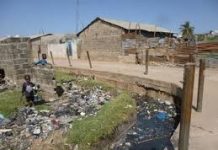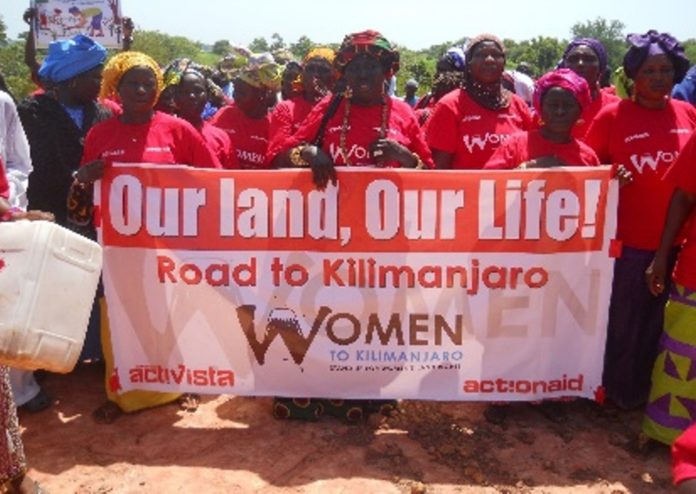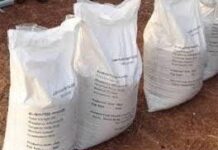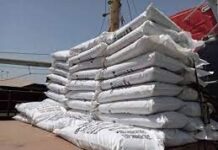This Column is meant to monitor and report on issues that concerns the people of the rural communities, in terms of how their development is hindered or facilitated.
Rural development is a process that aims to improve the standard of living of people in rural communities.
According to Robert Chambers, rural development is a strategy that enables a specific group of people, poor rural women and men, gain for themselves and their children, more of what they want and need.
It involves helping the poorest among those who seek a livelihood in rural communities, to demand and control more of the benefits of rural development. The group includes small scale farmers, tenants and the landless.
Thus, the term rural development may be used to imply any one of the above-mentioned connotations.
To avoid the ineffective floundering among the myriad definitions, we shall define rural development as a process leading to sustainable improvement in the quality of life of rural people, especially the poor.
According to Lamin Sambou Kinteh, for rural development to be meaningful and realizable, the trinity of development must be present such as electricity, water and rural infrastructural development like roads, industries, schools, health facilities etc.
Monday, October 15, 2018, will be World Rural Women Day. Many people, government agencies, community groups and non-governmental organisations, celebrate International Day of Rural Women on October 15 every year.
In the Gambia, the Day is celebrated by the FAO and partners through strategic meetings in which rural women, traditional leaders, policy and law makers are invited, to present issues on topics such as, empowering rural women farmers.
The country Gender Assessment of the Agriculture and Rural Sectors in the Gambia, was validated on Tuesday 13th February 2018, at a local Hotel in Kololi.
According to the organisers, the assessment was jointly undertaken by the Food and Agriculture Organisation of the United Nations and ECOWAS Commission within the framework of their Technical Cooperation Project on “Gender Responsive National and Regional Agricultural Investment Plans for meeting the Zero Hunger Challenge in ECOWAS member countries”; launched in New York on the 16th March 2016 during a High Level Ministerial event on the margins of the 60th Session of the Commission on the status of Women.
The Organisers stated that the country Gender Assessment highlighted gender gaps in access to and control over productive resources, services and markets as well as gave policy recommendations for expanding women’s opportunities in inclusive agricultural growth as a pathway to rural poverty reduction.
According to them, it will provide a solid baseline for monitoring the implementation of various instruments such as the ECOWAP 025, the Sustainable Development Goals and the 2nd generation of National Agricultural Investment Plan from a gender perspective and that it will also inform the elaboration and implementation of gender responsive agricultural, food security, nutrition and natural resource management policies and programmes.
In her statement during the official opening, Permanent Secretary 2 Adama Ngum-Njie on behalf of the Minister of Agriculture stated that the country Gender Assessment report has provided an insight into the extent and nature of gender in agriculture and rural development in the Gambian context and especially on aspects of access to land, marketing, post-harvest loss management, credit and other gender equity determinant factors.
The Food and Agriculture Organisation Representative Dr. Perpetua Katepa Kalala, indicated that despite the fact that more women than men work in agriculture, they, however, are not afforded the same rights as men, such as land, credit, technology and access to markets.
“It is my strong belief that to lead the Gambia in a pathway of peace and prosperity, food and nutrition security and sustainable agriculture in the context of climate change, we need to step up our investment in rural women who play a critical role in feeding the nation” stated the Vice President at the time of the launching Fatoumata Jallow Tambajang in her opening statement.
This Columnist will monitor the celebration of the World Women Day and World Food Day and report on the commitments of the Government and the development partners in addressing the problem of rural women.






















